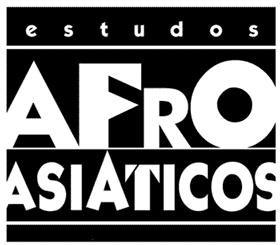This article analyzes the many implications regarding the political hegemony disputes in Angola that basically arose after its independence in 1975. During the period prior to this process, organizations and political parties composed of and governed by different Angolan elites fought for power in the State, endeavoring to start a new phase in their efforts to shape the country’s sovereignty and the destinies of the Angolan nation. The author maintains that such endeavors, however legitimate, were elitist and in reality inverted the historical path that Angola aimed for as an independent nation desiring a change in its continental and international geopoltics. The recent domestic disputes among the country’s political forces have a negative impact on shaping a national project and fail to consider a large section of the Angolan people. After the cold war ends these disputes, Angola loses its importance as a strategic nation and becomes an international pawn orchestrated by the U.S. of A. Thus, achieving a democracy that reflects popular aspirations is today the most important task for consolidating the positive inclusion of Angola in international policy.
Angola; democracy; nation; national project; governing elite
